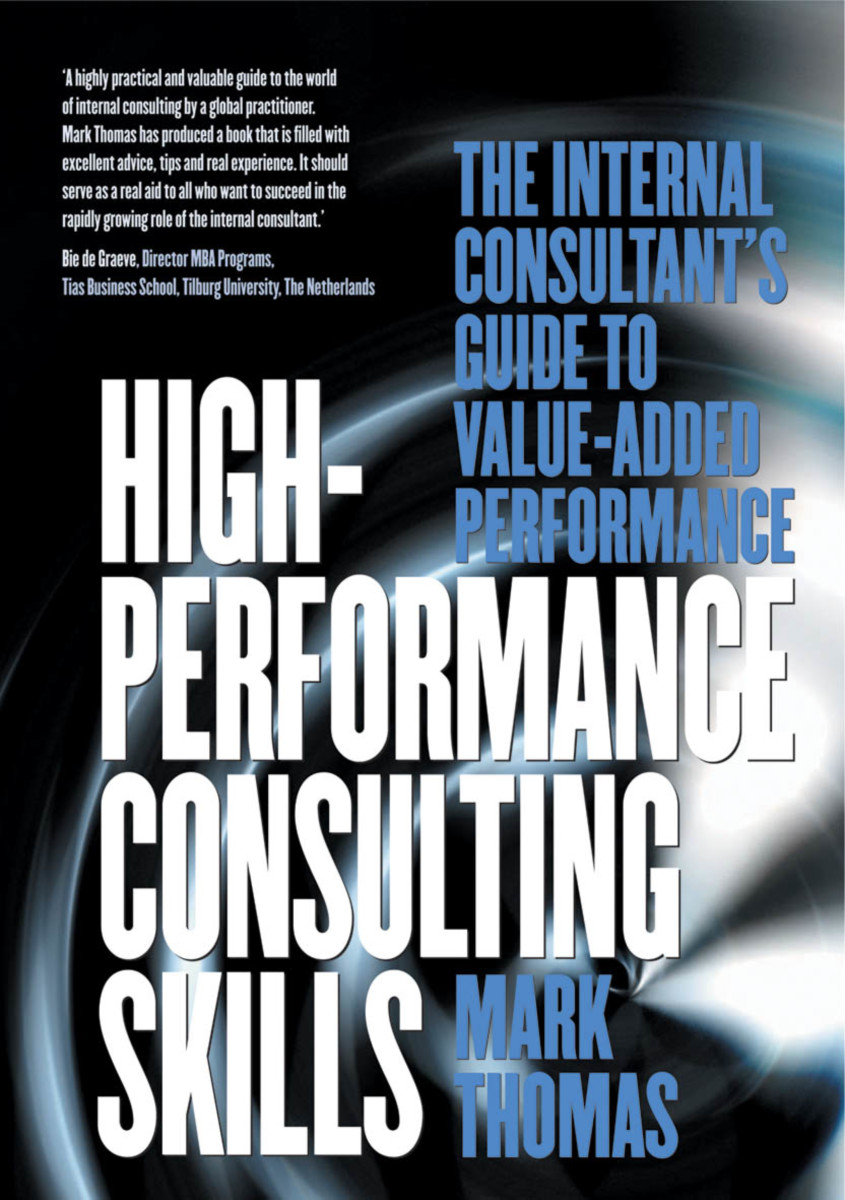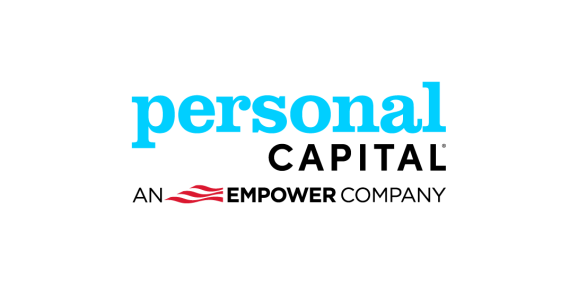
What's the right way to write a LinkedIn headline It should not be product-oriented but outcome-oriented. It will communicate your expertise and build credibility. It should also include your most recent job title and the name of your company. Next, your unique selling proposition should be included. Here are some tips to make your headline as compelling as possible. Let's see some examples. LinkedIn headlines should include your current position and company name. The headline should include a call-to action.
LinkedIn headlines focus on outcomes rather than products.
Your headline should contain the word "outcome" to help you stand apart from your competitors. Consider what your prospective customers will feel after working with you. Does your headline reflect their experience? Does it show your expertise It will make them choose you over other candidates. Your headline should be a description of what sets you apart as a writer or consultant.

Rosi Ross's LinkedIn headline highlights her experience with digital media. This title is catchy and draws attention to her profile. She even expatriate to the USA after creating this headline. Her job title is included to draw attention. This strategy helped her secure a lucrative position in the USA.
They create credibility
Your headlines should communicate your message clearly, communicate value, and encourage action. While clever headlines are possible with a catchy rhyme, unique word or catchy phrase, they must not distract from the value proposition. Here are some tips to write a great headline for LinkedIn:
It is important to choose a title that highlights the specialty of your job. Also, a brief summary about your work history can help others see your profile. This will allow them to connect with you. You should include the job title. However, you should not focus on the salary of the employee or your call to actions. It may be difficult for students to write effective headlines because they don't have any work experience.
They lack an immediate call to action
There's one thing that LinkedIn users absolutely hate: headlines that lack a call-to-action. To get people to read what you have to say, make your headlines compelling and more impactful. Here are some bad headline examples:

LinkedIn headlines should include phrases or keywords that employers might use when looking for employees. Below, I used keywords and phrases to describe my business. I included at least three keywords that would appear when people search for my position. These keywords are crucial for your LinkedIn profile. Your headline should be compelling enough to grab recruiters' attention on LinkedIn.
FAQ
What types of jobs are available as a consultant?
Being a consultant will require you to have a solid understanding of business strategy as well as operations. You must also understand how businesses operate and how they fit into society.
To be successful as a consultant, you must have strong communication skills and an ability to think critically.
Consultants need to be flexible as they might be assigned different tasks at different times. They must be flexible and able to change directions quickly if needed.
They should be able to travel extensively for clients. This type work can take them anywhere in the world.
They should also be able manage stress and pressure. Consultants may sometimes be required to meet tight deadlines.
Consultants might be required to work long hours. This means that you may not always get paid overtime rates.
Why would a company employ a consultant to help them?
Consultants provide expert advice on how to improve the performance of your business. They don't sell products.
A consultant is a person who helps companies make better choices by providing sound analysis, and making recommendations for improvement.
Senior management teams often have consultants working closely with them to help them understand their needs.
They also offer leadership training and coaching to ensure that employees are able to perform at their best.
They could advise businesses about reducing costs, streamlining processes and increasing efficiency.
What is a consultant anyway?
A consultant is someone who offers services to others. It's more than just a job title. This role allows you to help others achieve their dreams. This involves helping them to understand their choices and making the right choices.
Consultants are experts at finding solutions to problems and challenges that arise when working on projects. They provide advice and guidance about how to implement those solutions.
Consulting should be able address questions related to law, finance and technology.
Do I really need legal advice?
Yes! Consultants often create contracts with clients without getting legal advice. This can create problems down the line. What happens if the client cancels the agreement prior to the consultant's completion? Or, what happens if the consultant doesn't meet the deadlines set forth in the contract?
It's best to consult with a lawyer to avoid potential problems.
What are the types of contracts available to consultants?
Most consultants sign standard employment deals when they're hired. These agreements define the terms of the agreement, including how long the consultant is expected to work for the client as well as what he/she should be paid.
Contracts can also indicate the areas of expertise that the consultant will concentrate on and the compensation they will receive. A contract may state that the consultant will deliver training sessions or workshops, webinars, seminars and other services.
Other times, the consultant simply agrees to complete specific tasks within a specified timeframe.
Consultants often sign independent contractor contracts in addition to their standard employment agreements. These agreements allow the consultant freedom to work without being paid.
How much do consultants make?
Although some consultants can make more than $100k annually, the majority of consultants earn between $25-$50k. A consultant's average salary is $39,000 This includes both hourly and salaried consultant.
Salary depends on industry, experience, location, and type of contract (contractor vs employee). Also, whether the consultant is located in their office or remote.
Statistics
- 67% of consultants start their consulting businesses after quitting their jobs, while 33% start while they're still at their jobs. (consultingsuccess.com)
- My 10 years of experience and 6-step program have helped over 20 clients boost their sales by an average of 33% in 6 months. (consultingsuccess.com)
- So, if you help your clients increase their sales by 33%, then use a word like “revolution” instead of “increase.” (consultingsuccess.com)
- WHY choose me: Why your ideal client should choose you (ex: 10 years of experience and 6-week program has helped over 20 clients boost their sales by an average of 33% in 6 months). (consultingsuccess.com)
- According to statistics from the ONS, the UK has around 300,000 consultants, of which around 63,000 professionals work as management consultants. (consultancy.uk)
External Links
How To
How To Find The Best Consultant?
First, ask yourself what kind of consultant you are looking for. Before you begin searching for a consultant to help you, you should be clear on your expectations. You should make a list of all the things you need from a consultant. This could include: professional expertise and technical skills, project management capabilities, communication skills, availability, etc. Once you have identified your requirements, you might consider asking friends and colleagues to recommend you. Ask them if they had any bad experiences with consultants previously and see how their recommendations compare with yours. Try searching online for recommendations if you don’t have any. There are many websites that allow users to leave feedback about their previous work experiences, such as LinkedIn and Facebook, Angie's List or Indeed. Take a look at comments and ratings from others, and use that data to find potential candidates. After you've compiled a list of potential candidates, it is time to reach out to them and schedule an interview. You should discuss your requirements with the candidates and ask them how they can help. It doesn't matter whether they were recommended to you or not; just ensure that they understand your business objectives and can demonstrate how they can help you reach those goals.